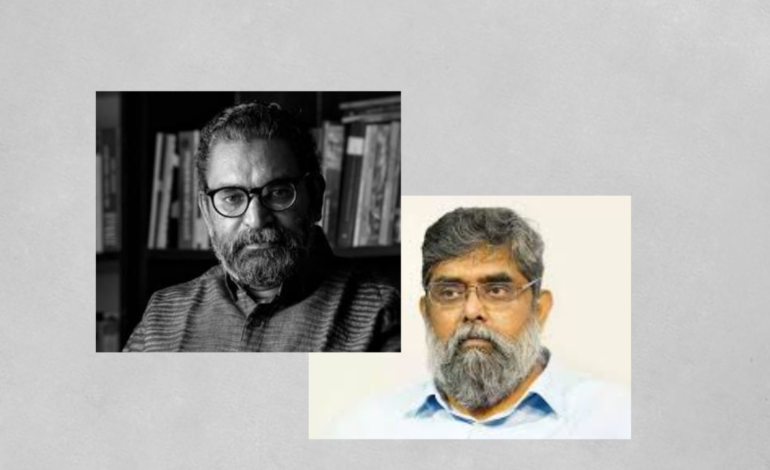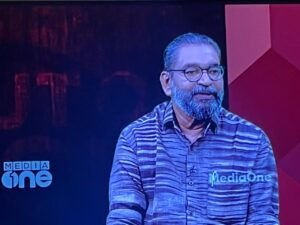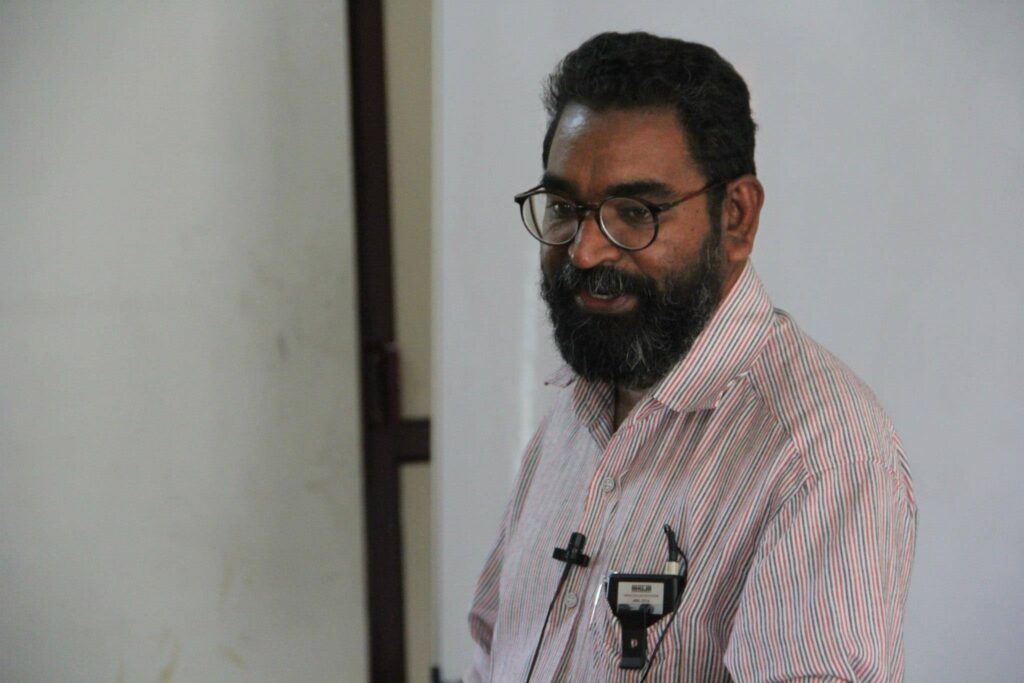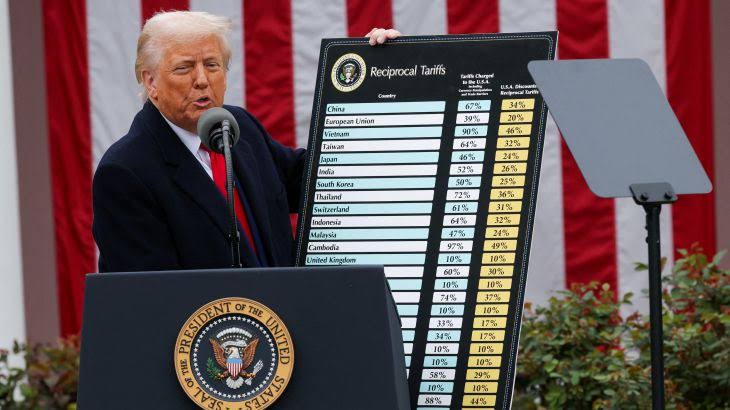The Storyteller’s Precious Place

Even when the fate of America “seemed to be trembling in the balance*”, Abraham Lincoln apparently revelled in a habit that annoyed his generals. “Gentlemen, that reminds me of a story,” Lincoln would intone, much to the dismay of the brass. Once, when a Congressman frowned upon a story Lincoln had narrated, the President reasoned with him: “(James) Ashley, I have great confidence in you and great respect for you, and I know how sincere you are. But if I couldn’t tell these stories, I would die.”
Journalists are supposed to tell stories but many are unable to do so, cramped by blood-sucking subjects, trite turns of the phrase, lazy abbreviations, straitjacket house styles and soul-killing deadlines. For me, a delightful exception has been P.T. Nasar, who retired on March 31 as the executive editor of MediaOne news channel after nearly 40 years in journalism.

I have had the fortune of meeting Nasarikka on multiple occasions in Kozhikode in north Kerala. Our interactions were brief, largely because he would be caught up in the daily grind and I would be breathless on the treadmill of haste that marked whistle-stop tours by birds of passage. But Nasarikka rarely failed to come up with a story tailor-made for every season, every occasion, every news event – a priceless skill that tapped into a deep reservoir of experience, observation and preservation of information that could be effortlessly retrieved by activating an organic search engine.
He also has an infectious and disarming ability: he can light up a room, weighed down by that gloom and doom that define most newsbreaks, with his positive energy. Until I ran into people like Nasarikka, I had been sceptical of terms like “positive energy” and “motivation”, counting them as part of the voodoo vocabulary on which talking shops survive.
As in life, so on the last day at work. Nasarikka’s farewell chat shown on MediaOne yesterday was also defined by several anecdotes. They were told in his lucid style, his self-deprecating smile never fading and his demeanor hinting that he takes life in its stride without being burdened by that affliction called self-importance. The stories were retold with a purpose: the delectable one on how the very first budget of the Kerala government got leaked was told to illustrate the fallacy behind some of those who joined the profession and public life to project the events of their time as having taken place the “first time in history”.
(Nasarikka broke a money-chain racket story that made waves across the state. I am not discussing the story here because it may give the erroneous impression of overfamiliarity and that Nasarikka knows me for a long time. The objective behind this note is to drive home the point that even brief interactions can leave a lasting imprint, becoming synonymous with the space for warmth and acceptance in a great city like Kozhikode.)
In the farewell session, a story that stood out with uproarious humour was the one in which Nasarikka, early in his career, made a blunder and accused a wrong farmer of cheating a cooperative bank. The farmer, a respected leader in his neighbourhood, slapped a defamation suit and pursued it with single-minded vigour. As the case dragged on, the proprietor of the newspaper for which Nasarikka was working was himself caught in another case. The proprietor wrote to Nasarikka from another state, asking him to run the paper and promising to transfer its ownership to the journalist. But wiser counsel prevailed and Nasarikka jumped ship before it took him down. The upshot: the defamed farmer was insisting on an apology in a newspaper that no longer existed! How Nasarikka saved himself is another great story of cross-newsroom collaboration that makes the current media rivalry look silly.
When his colleagues ask Nasarikka for parting advice, what does he do? He tells another story, of course. It is a lesson in newsroom management and the importance of following orders once a decision is taken. “Sub-contracting” that has landed me also in trouble does not work. Do not take too seriously the suits who mouth phrases like “delegation”.

For obvious reasons, what touched me most was the insight that Nasarikka offered through the story of his last three days at work, which made him realize the precious value of having a place to retire from. To have someone to say farewell to is as important as having a home that will embrace you once you hang up your boots.
The reference to home reminds me of the last time I met Nasarikka. It was the general election result day last year and I had spent several hours in the MediaOne office, soaking up the electric atmosphere and the adrenalin rush. I had caught occasional glimpses of Nasarikka helping out the desk with headlines, especially when it was confirmed that Smriti Irani had lost Amethi. In the evening, we had tea at a nearby shop and Nasarikka invited me to his home, which is close to the MediaOne office in Kozhikode. Just then, there was a drizzle and we dropped the plan as my whistle-stop gear slipped into place.
I had forgotten the warmth of that rain-swept early-monsoon evening but it flashed back when Nasarikka spoke yesterday of having had a place to retire from. I hope the invitation still stands and one day, Nasarikka would treat me to another of his stories – this time at his home.
(*The phrase “seemed to be trembling in the balance” is sourced from an account by Hugh McCulloch, who served as treasury secretary when Lincoln was president.)












Glad to see you writing on journalism & journalists. That itself would help clean up the space by “positive” stories. Yes, I knew him from a distance.